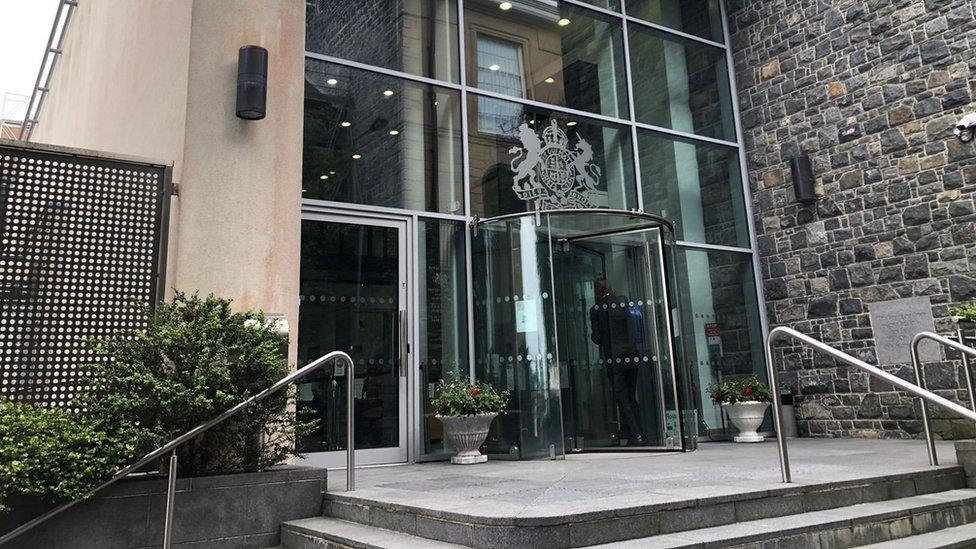Pensions unlikely to keep pace with wages - Roffey

Deputy Peter Roffey has stressed the need for employers to sign up to the secondary pensions scheme
- Published
A senior politician has warned States of Guernsey pensions are unlikely to keep pace with wage growth in the future.
It is one of the reasons Deputy Peter Roffey is stressing the importance of reforms requiring companies to have secondary pensions for staff.
Companies of 26 employees or more will be required to automatically enrol eligible employees into an approved pension scheme from 1 July 2024.
Nicky Carré, who runs Carrus Autoparts, blamed the cost of the new scheme for her business closing at the end of June, alongside the loss of a key member of staff.
"For our size business, it would have been the end of the year where we would have had to comply. But, seeing as we were already stretched financially, it would have been even more difficult."
Mr Roffey agreed that the scheme would mean new expenses for small businesses:
He said: "There will be an extra cost in making their contributions.
"But, to be honest, I think in the present employment situation an attractive package, which includes a pension is a really good way of attracting staff.
"We've made it really simple to administer so it doesn't take up too much time."
According to Mr Roffey the secondary pensions would not replace the States of Guernsey's pension, which he said would continue to exist.
But he did warn the value of a States pension was unlikely to be able to keep up with wages into the long-term future.

Ms Carré said she had been working long hours, for very little pay
After almost 10 years of owning a business Ms Carré said it was sad to be packing it away.
"We'd been thinking about it for a while, working long hours, for very little pay.
"Basically our health was suffering and we decided to call it a day."
'Majority don't have a pension'
With bigger businesses now required to sign employees up to a secondary pension, Mr Roffey stressed why the scheme was needed.
"The majority of workers in Guernsey have no occupational pension and they are relying completely on their States pension.
"That will lead them to a very restrictive life, financially, so it is important to encourage people to save in a tax-efficient way."
He labelled the decision to introduce these new laws as one of the most significant reforms the current States Assembly had been responsible for.
Secondary pensions timeline
The introduction of the new scheme is being phased for different-sized businesses:
26+ employees: 1 July 2024
11-25 employees: 1 October 2024
6-10 employees: 1 January 2025
2-5 employees: 1 July 2025
1 employee: 1 October 2025
Follow BBC Guernsey on X (formerly Twitter), external and Facebook, external. Send your story ideas to channel.islands@bbc.co.uk, external.
- Published21 March 2023

- Published11 April 2024
